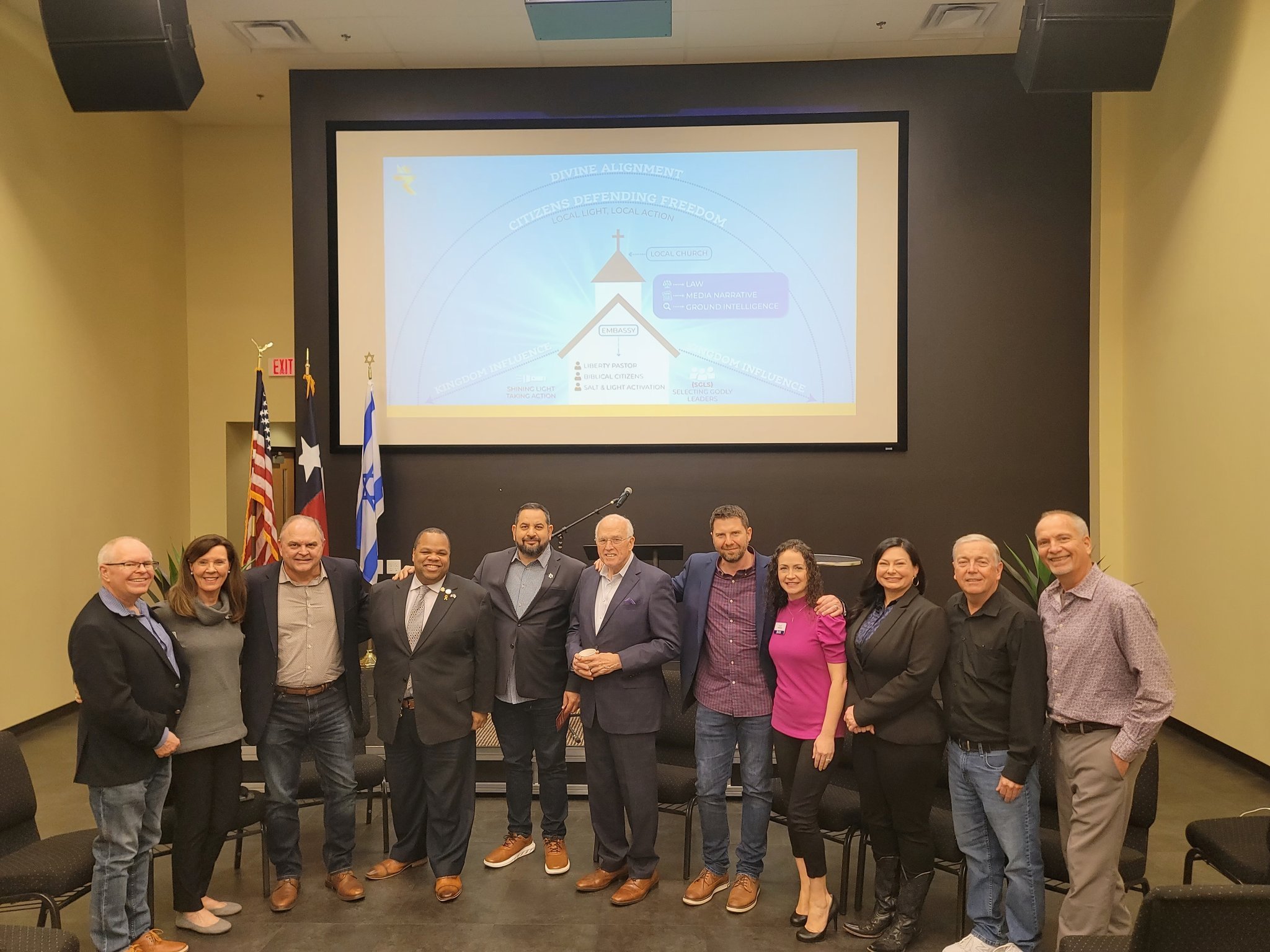ustxtxb_obs_1971_03_26_50_00011-00000_000.pdf
Page 7
Personal Service Quality Insurance ALICE ANDERSON AGENCY INSURANCE & REAL ESTATE 808A E. 46th, Austin, Texas 465-6577. March 26, 1971 11 ATHENA MONTESSORI SCHOOL integrated, non-sectarian .creative non-graded program 7500 Woodrow Austin 454-4239 From the other side of the door \(In the March 12 issue of the Observer we reported the police version of the Feb. 19 raid on the apartment of Tomas Rodriguez, 4627 San Jacinto, Dallas, along with the accounts of neighbors and members of the Dallas chicano community that differed with the police account. Through interviews with Mr. and Mrs. Rodriguez and their children conducted by Pancho Medrano, representative of the United Auto Workers, G. L. Duarte of the newspaper El Sol, attorneys for the Rodriguez’s and Dallas newsmen, the Observer has pieced together the following account of the raid as seen from the Berta Rodriguez is 36 years old. She has eight children. She is five months pregnant. She speaks no English. Berta Rodriguez is a very light sleeper. “For the children, you know?” she said. “Always I listen for the sounds from them.” The Rodriguez family had gone to sleep about 9 p.m. that night. Alicia, 2, and Gloria, 3, were in the bedroom with their parents. The other children were sleeping on pallets in the living room. Mrs. Rodriguez was wakened at about 12:15 a.m. by sounds of someone trying to break down the living room door. She rose quickly from her bed and the men outside opened fire. Mrs. Rodriguez was hit by a shotgun blast in the back of the calf of her right leg. The shot tore away a large portion of the flesh and muscle of her leg, which landed on the head of Alicia, who was sleeping by her parents bed. Mrs. Rodriguez was knocked down by the shot. She felt in the darkness the blood and flesh on her daughter’s head. She screamed, “My God, they have killed my daughter.” She was hit again by a bullet. The children began screaming and crying. Gunfire. Thirty-four shotgun pellet and bullet holes were later counted in the walls of the apartment. Tomas Rodriguez, according to himself and his wife, is a very heavy sleeper. He rolled out of the far side of bed after his wife had already been hit twice. “I thought it was bandits,” he said. He went toward a gun he kept hidden under the cushion of an armchair. He was hit in the shoulder, hit again in the chest, continued crawling toward the gun. Got the gun, stood and fired it toward the kitchen door, was hit again in the shoulder. He turned and staggered toward the living room with the gun in hand. His oldest son, Rudy, 14, said, “No, no, put down the gun, it is the police.” Rodriguez stopped and considered and then put the gun on top of a dresser. Police poured into the room and the lights were turned on for the first time that night. All the members of the Rodriguez family were ordered to kneel on the floor, even the smallest chil dren. “They said, ‘You are Guzman. You are Guzman,’ ” recalled Rudy Rodriguez. “I said, no, no, no Guzman. We are Rodriguez.” The police began ripping out drawers, All-American City On Feb. 24, the day Tomas Rodriguez was accused of being a narcotics dealer in front-page stories in the Dallas newspapers, Dallas was named an “All-American City.” The announcement of the award, in the contest sponsored by Look magazine, made the front pages of the city papers right next to the story of the charges against Tomas Rodriguez. For the next several days the “All-American City” award was front-page news next to stories of chicanos who tried to complain to the city council but were fobbed off, tried to complain to the Human Relations Commission but were shunted aside, tried to stage a peaceful vigil and were ignored. “All-American City Flag Flies at City Hall” read the headlines. searching closets. The apartment, seen later by several witnesses, was a total shambles. “My mother was lying down, saying, `What will happen to us?’ ” said Rudy. “She grabbed the leg of a man and asked him if he knew Spanish. He said, yes, a little. She told him to get an ambulance. He replied, in a little while.” “Another man was pulling out drawers, looking for something. He asked me, where is Guzman? Where is he hiding? I told him I didn’t know. He asked me once more and I got up and yelled at him, ‘I don’t know!’ He turned then and hit me on the neck. I fell back on the bed and he pointed at me and said, ‘You don’t talk to me like that, boy.’ ” Mrs. Rodriguez said later, “We do not know this man Guzman, or the other. We do not know them.” Rodriguez said, “Only I see them on the television news: I do not know Guzman.” Rodriguez, admitted to Parkland Memorial Hospital in critical condition with multiple bullet wounds, was chained to his bed so he could not escape. A full month after the incident he was still unable to walk more than a few steps. He was charged with assaulting a police officer and later with having sold heroin to the accused killers, Guzman and Lopez, in exchange for the guns they used to kill three Dallas deputies. Neither guns nor heroin were found in the Rodriguez apartment. “Ask anyone, ask anyone,” Rodriguez pleaded from his hospital bed. “I want the FBI to come to see to this, the DPS, anyone they want to check me. I want to take a lie detector test. I never sold heroin. Have them come to ask my employers, my family, my friends. Please, have them come.” Rodriguez’ employers, his family, his friends are ready to swear he is not a narcotics dealer. But they were.. frightened, by the accusation, by the newspaper stories. Berta Rodriguez wept in her hospital bed. “No one has come to see us,” she said. “They read in the papers these bad things said about my husband and no one will come to see us.” The SCLC sent flowers and a get-well card to the Rodriguez’, but the police removed the card, so Berta Rodriguez did not know who sent the flowers. A Dallas city councilman said a few days after the incident that the eight Rodriguez children had been placed in foster homes and that the city had taken care of them. In fact, the children were first taken to a juvenile detention center and then released in the care of a family friend with whom they are now staying. The city has done nothing for them. Almost three weeks after the raid on the Rodriquez apartment, it was learned by a Dallas Morning News reporter that the police had acted on a tip given to the Federal Bureau of Narcotics and Dangerous Drugs by a man who spoke “very broken English,” who collected a $1,000 reward for the . information he gave from radio station KLIF and who fled Dallas as soon as he received the award. M.I. . .7.


